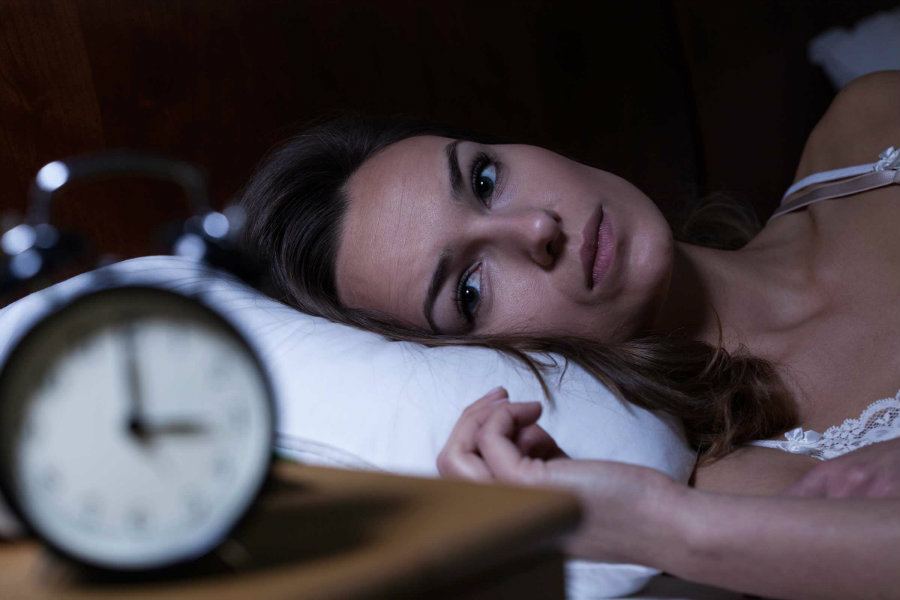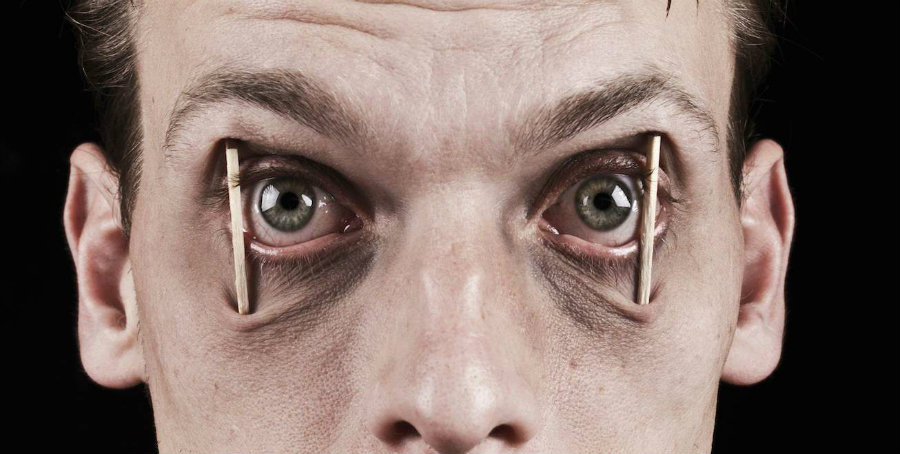People who suffer from insomnia have more chances of having a heart attack or a stroke, according to a new investigation, which stated that this link affects women more than men. However, the statistical difference between genders is not so acute.
Insomnia symptoms include difficulty in falling asleep and maintaining sleep, early morning awakening, and non-restorative sleep. Through this new research, scientists found that the risk of suffering a cardiovascular event are higher for those who struggle to initiate sleep. However, no apparent link was established between the risk of heart attack or stroke and early morning awakening.

“We found that difficulty initiating sleep, difficulty maintaining sleep, or non-restorative sleep were associated with 27 percent, 11 percent and 18 percent higher risks of cardiovascular and stroke events, respectively,” said study author Qiao He.
Insomnia and poor health outcomes are associated
Sleeping is vital for our bodies to recover. It is the only chance people have to let their bodies and minds rest. In general, people tend to spend a third of their lifetime sleeping. In fact, doctors recommend people to sleep at least 7 hours a day. However, it seems as if insomnia is an increasing problem in our society. Unfortunately, if people don’t have enough rest at night, that might carry negative outcomes in the future.
A new study, conducted by Qiao He and her team from China Medical University in Shenyang, established that there’s a link between insomnia and the risks of having heart attacks and strokes. The researchers said that insomnia and late night shifts cause sleep deprivation, which may lead to coronary disease.

“Sleep is important for biological recovery and takes around a third of our lifetime, but in modern society, more and more people complain of insomnia,” said study author Qiao He.
The research took into consideration 15 previous surveys, which tried to explain the impact of insomnia on health. As well, it analyzed the sleep behavior of 160,867 participants over two years. The researchers kept track on the participants’ sleep disorders –distinguishing if they struggled with initiating or maintaining sleep and if they woke up in the early hours– and they also maintained a record of the cardiovascular history of the participants.
Insomnia increases the risk of heart attack by 27 percent
The study concluded that people who have trouble initiating sleep have 27 percent more risk of suffering a stroke or a heart attack. Those who underwent non-restorative sleep had 18 percent more chances of suffering cardiovascular events, while there was 11 percent more chances of having a heart attack for people who had problems maintaining sleep through the night.
The good news only come for early morning people since the researchers could not find a link between heart diseases and early morning awakening.

Investigators also noted that women are more affected than men by insomnia because women had a more severe hormonal reaction to stress. Therefore, they have higher risks of developing heart attacks, especially due to non-restorative sleep. However, though there is a difference between sexes, it is a slight one.
“We cannot conclude that insomnia is more dangerous for women, given the limitations of meta-analyses and the lack of a statistically significant difference between sexes,” said He. “However, we do know that women are more prone to insomnia because of differences in genetics, sex hormones, stress, and reaction to stress. It may, therefore, be prudent to pay more attention to women’s sleep health.”
Researchers still haven’t figured out the underlining mechanisms for this link. However, sleeping disorders have long been associated with changes in metabolism and endocrine functions, increased blood pressure and elevated levels of pro-inflammatory and inflammatory cytokines, all of which are risks factors for heart diseases and strokes.
Why should people pay attention to their sleeping patterns?
Sleeping disorders and stress are common problems nowadays. Given the negative consequences they have on health, including the risks of cardiovascular diseases, scientists recommend people to pay attention to their sleeping patterns and to go to a specialist if they have sleeping disorders. They also consider that sleep health should be included in clinical risk assessments. As well, insomnia and its consequences should be included in health education and public awareness campaigns.
Insomnia might be caused by depression, tension, anxiety, and lifestyle. Some of the things people can do to reduce insomnia include not taking naps in the middle of the day, not worrying too much about future or past events, not working in late hours. People should reduce tension, and they must try to have a regular sleeping schedule.

Source: Tech Times
